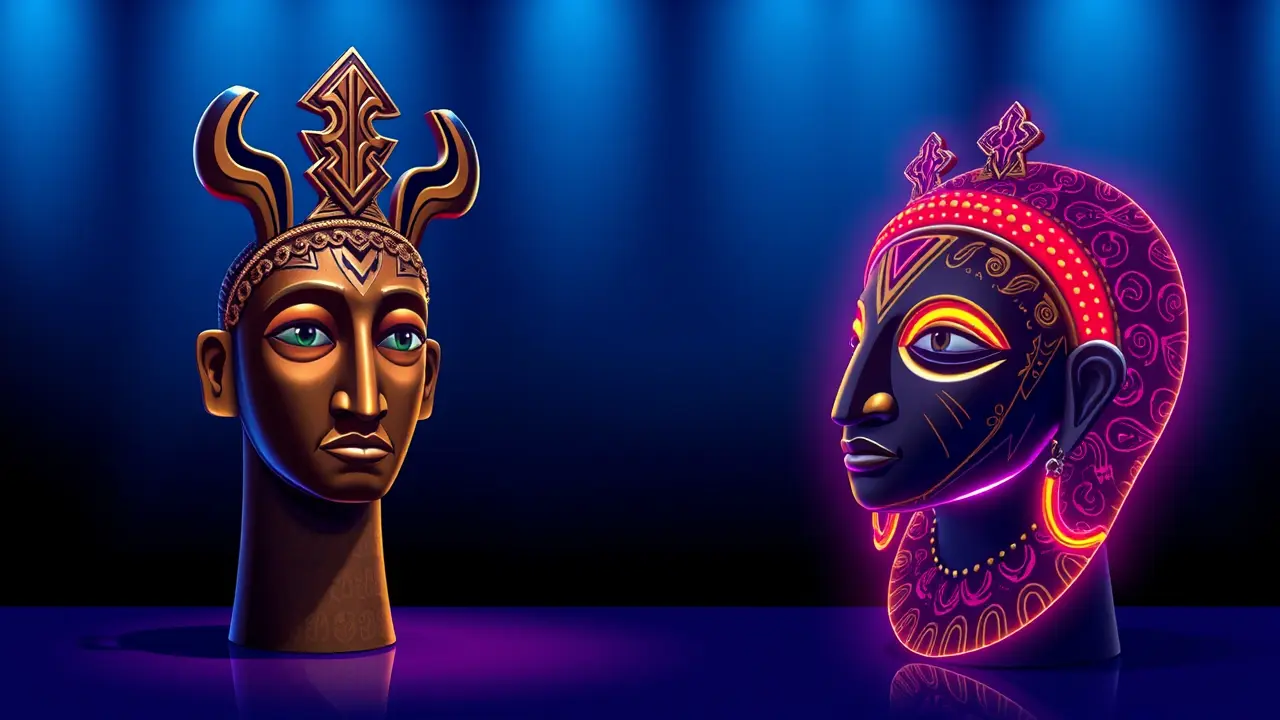
Entertainmenttheatre & artsArt Exhibitions
Correcting Western Misconceptions on Art Restitution.
AN
Anna Wright
6 hours ago7 min read2 comments
The conversation surrounding art restitution has too often been flattened into a transactional debate about the mere physical transfer of objects, a myopic view that fundamentally misunderstands the profound cultural and systemic repair at its core. As articulated by institutions like MOWAA (Museum of West African Art), the true ambition extends far beyond repatriating a bronze or a mask; it is about restoring entire ecosystems of knowledge, rebuilding creative opportunities for a new generation of artists, and finally giving West African art the infrastructural foundation it has been systematically denied for centuries.This is not merely a cultural project; it is an act of post-colonial reparation, a necessary recalibration of power dynamics that have long positioned Western museums as the ultimate arbiters of global heritage. The Western narrative frequently gets bogged down in legalistic arguments over provenance and ownership, treating these artifacts as decontextualized aesthetic commodities rather than living, breathing components of a community's spiritual and historical identity.This perspective echoes the paternalistic logic of colonial acquisition itself, where cultural patrimony was looted under the guise of preservation and study, severing vital links between the art and the people who created it. The consequence of this ongoing failure is a continued intellectual and economic disenfranchisement; without the physical artifacts returned and the accompanying investment in local museums, universities, and conservation labs, the ability for West African scholars to lead their own art historical discourse is severely hampered.We must look to the leadership of figures like France’s President Macron, who commissioned the groundbreaking Sarr-Savoy report, and the ongoing, complex negotiations between Germany and Nigeria over the Benin Bronzes as critical precedents. Yet, these governmental actions, while significant, must be matched by a deeper, more empathetic understanding from the public and institutions in the Global North.It requires acknowledging that restitution is not an act of charity but one of justice—a process of mending the social fabric and empowering contemporary African artists and thinkers who are the true heirs to this legacy. The work of MOWAA and similar entities represents a powerful, forward-looking vision where returned artifacts become catalysts for education, inspiration, and economic vitality within their communities of origin, finally closing a painful historical loop and allowing a rich, continuous cultural narrative to flourish on its own terms.
#restitution
#West African art
#cultural heritage
#MOWAA
#infrastructure
#contemporary artists
#editorial picks news
Stay Informed. Act Smarter.
Get weekly highlights, major headlines, and expert insights — then put your knowledge to work in our live prediction markets.
© 2025 Outpoll Service LTD. All rights reserved.